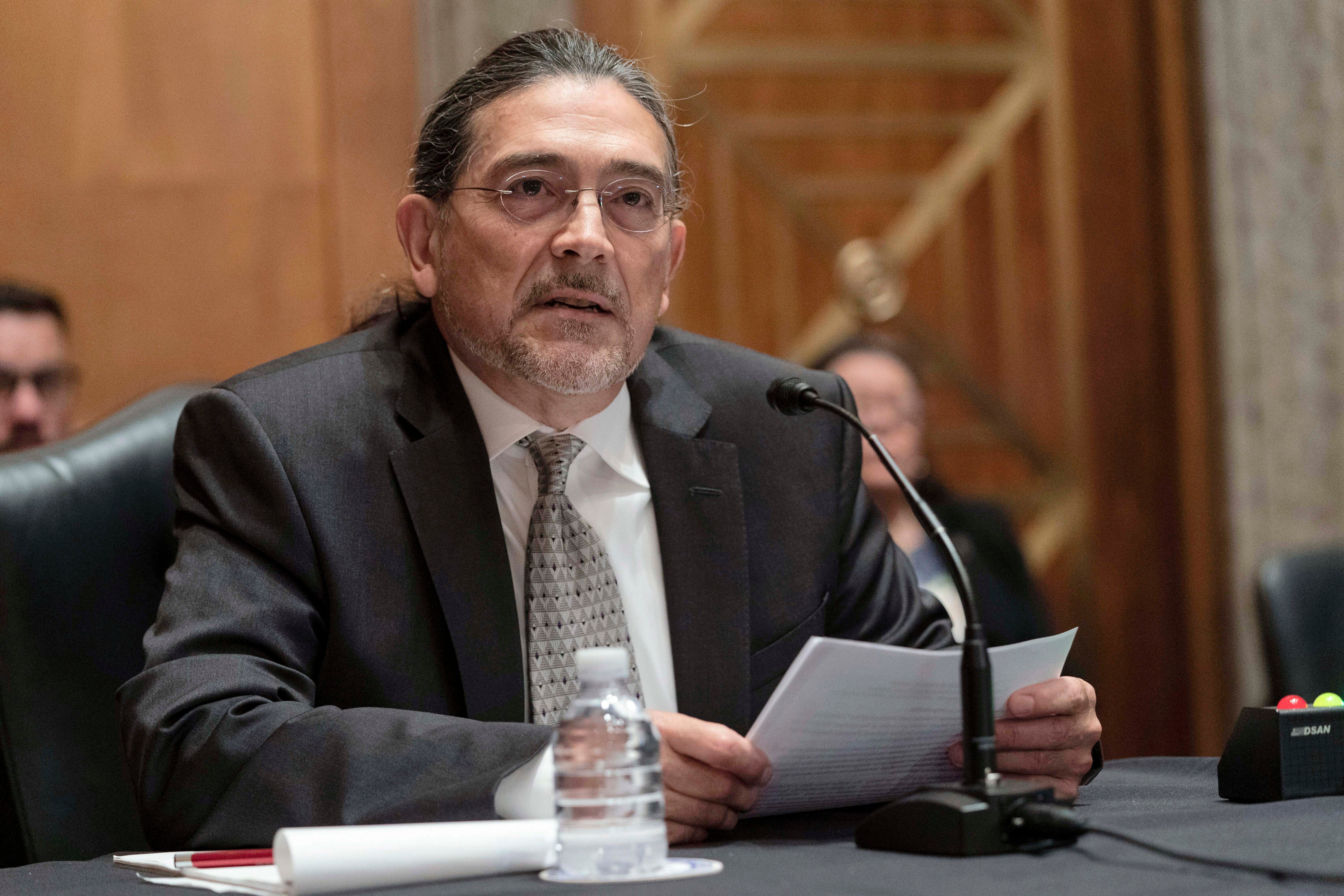Census Bureau tables controversial privacy tool for survey
The U.S. Census Bureau is putting on hold plans to apply by 2025 a controversial method for protecting the privacy of participants in its most comprehensive survey of Americans after facing pushback from prominent researchers and demographers

Your support helps us to tell the story
From reproductive rights to climate change to Big Tech, The Independent is on the ground when the story is developing. Whether it's investigating the financials of Elon Musk's pro-Trump PAC or producing our latest documentary, 'The A Word', which shines a light on the American women fighting for reproductive rights, we know how important it is to parse out the facts from the messaging.
At such a critical moment in US history, we need reporters on the ground. Your donation allows us to keep sending journalists to speak to both sides of the story.
The Independent is trusted by Americans across the entire political spectrum. And unlike many other quality news outlets, we choose not to lock Americans out of our reporting and analysis with paywalls. We believe quality journalism should be available to everyone, paid for by those who can afford it.
Your support makes all the difference.The U.S. Census Bureau on Wednesday said it was putting on hold plans to apply by 2025 a controversial method for protecting the privacy of participants in its most comprehensive survey of Americans after facing pushback from prominent researchers and demographers.
The science doesn't yet exist to apply differential privacy algorithms to the annual American Community Survey, which covers more than 40 topics ranging from income, internet access, rent, disabilities and language spoken at home, the statistical agency said in a blog post.
“It’s also not clear that differential privacy would ultimately be the best option," wrote Donna Daily, chief of the American Community Survey Office.
The Census Bureau embraced using differential privacy algorithms for the first time with the release last year of the first round of 2020 census data, and it had said the method would be applied to American Community Survey data by 2025. Differential privacy algorithms add intentional errors to data to obscure the identity of any given participant. It is most noticeable at the smallest geographies, such as census blocks.
Prominent demographers and other researchers had asked in a letter to Census Bureau Director Robert Santos last summer that the agency drop plans to use the algorithms on future data releases, claiming it would jeopardize the usability of numbers that are the foundation of the nation’s data infrastructure.
The 2020 census questionnaire asked limited questions about race, Hispanic background, sex, age, household relationships and whether a home is owned or rented during the head count of very U.S. resident. The American Community Survey, on the other hand, is much more complex because of the almost four dozen topics it covers when sampling residents in 3.5 million homes.
The Census Bureau has said that the differential privacy algorithms are needed since, without them, the growth of easily available third-party data combined with modern computing could allow hackers to piece together the identities of participants in its censuses and surveys in violation of the law. Bureau statisticians will continue to study privacy methods for the American Community Survey, the statistical agency said.
___
Follow Mike Schneider on Twitter: @MikeSchneiderAP